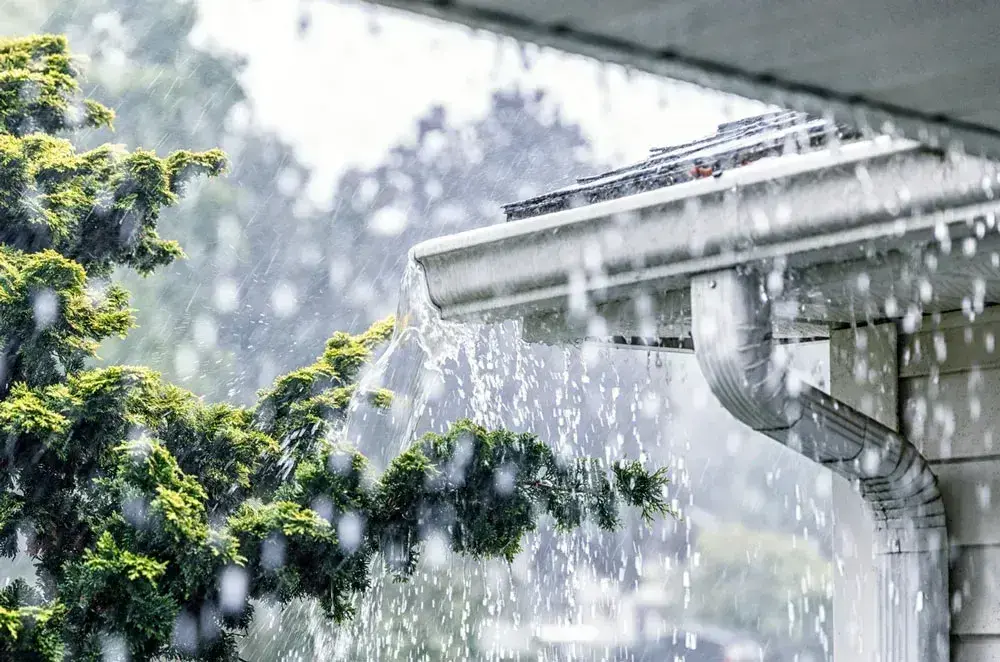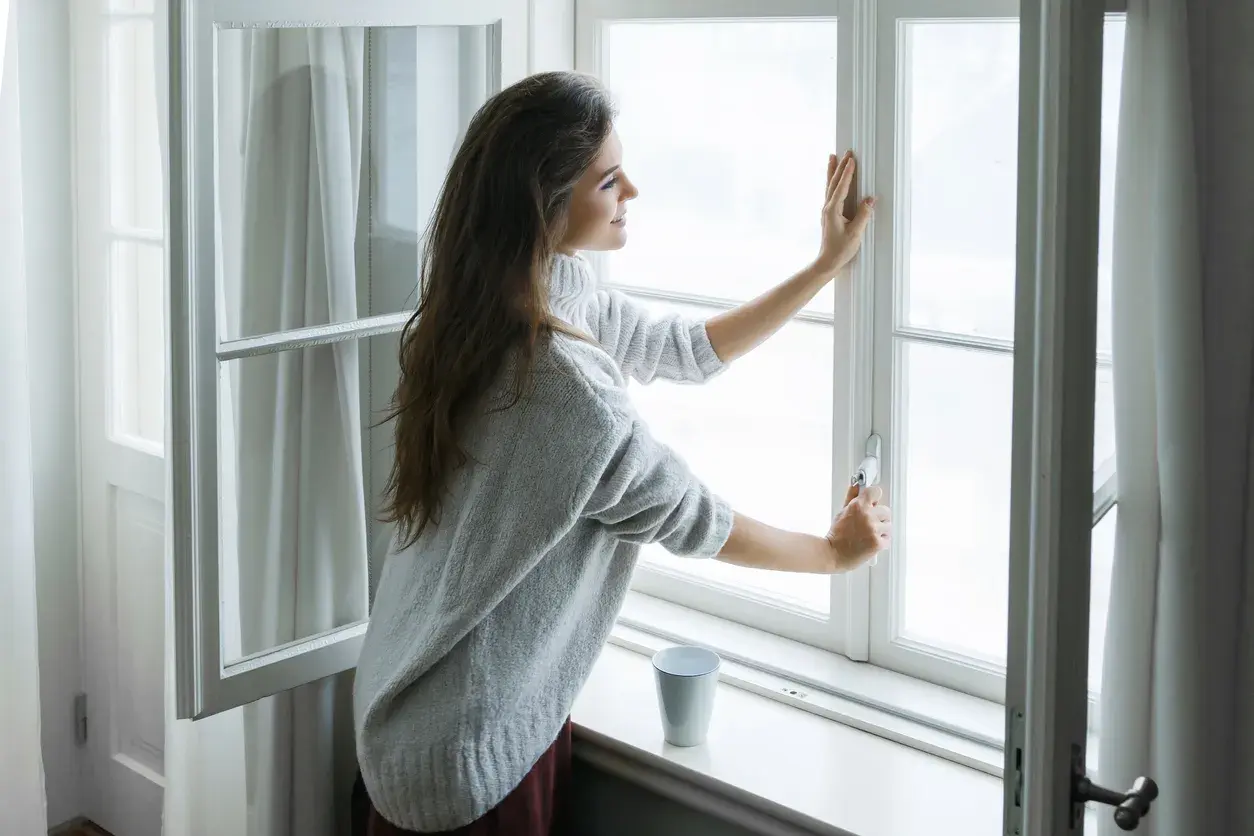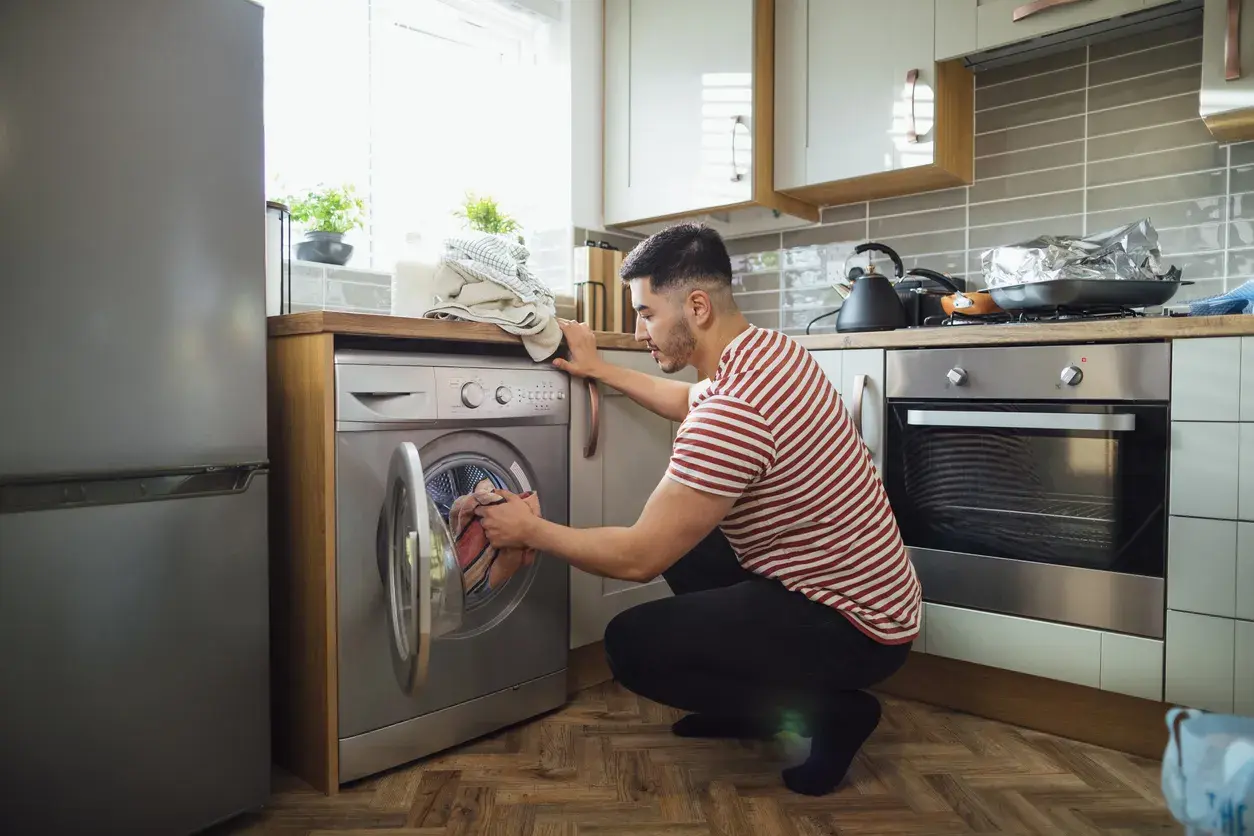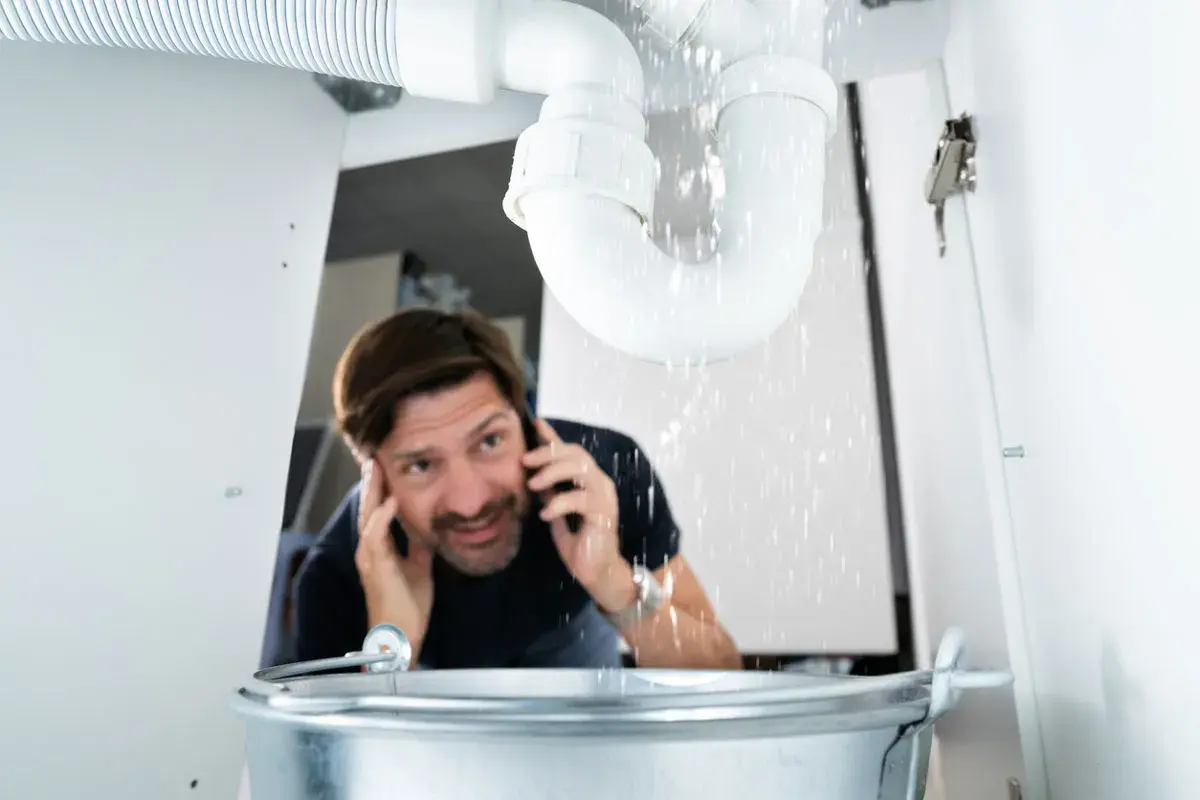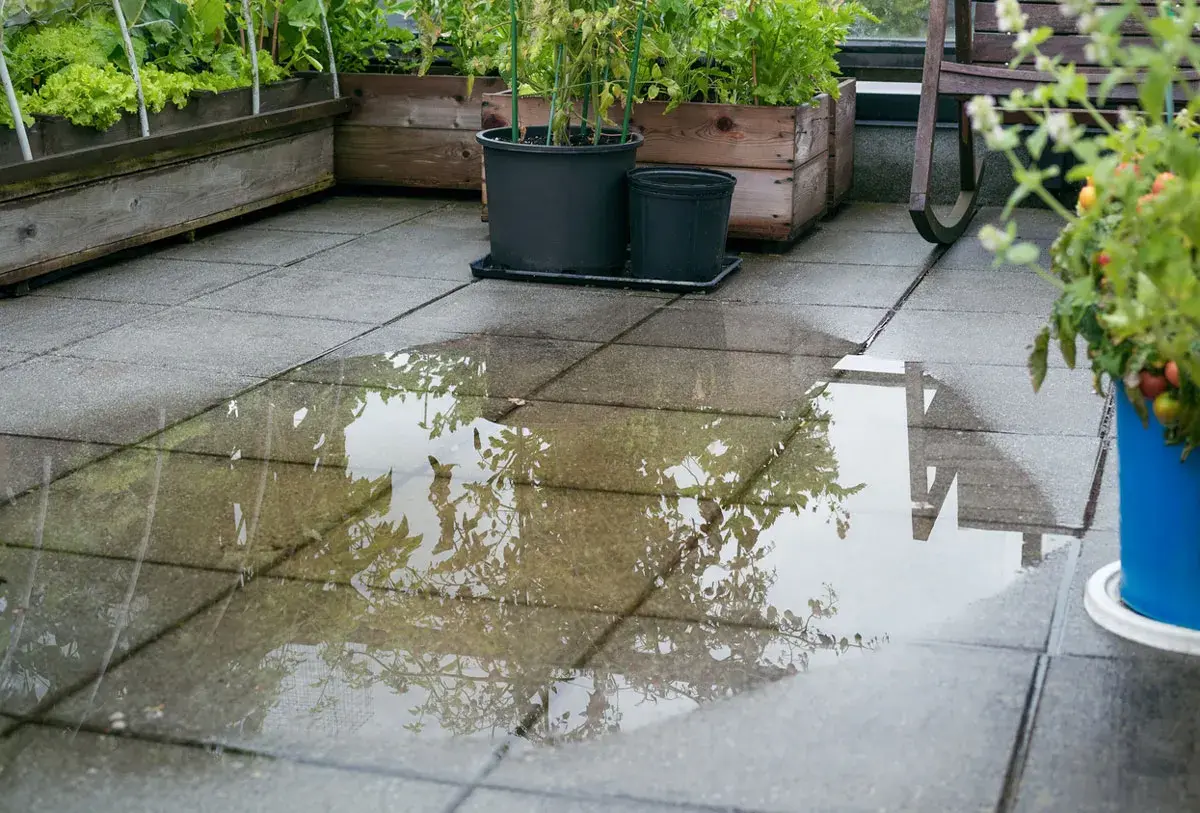What must you do in each case?
Follow these tips to protect your home and know how to act in the event of an accident
-
Check the drains of the terraces, the water deposits and the gutters to ensure that they do not become blocked.
-
In low areas that may become flooded, move as many objects as possible to the highest shelves of the bookcases, espeically those objects of value that may be damaged by the entry of water.
-
If the home is flooded, it is fundamental to abandon cellars and ground floors and to disconnect electricity, using torches for lighting.
-
Have a kit of basic objects at hand: torches, batteries, gloves and towels.
-
Close the awning, lower the blinds and gather up all objects and belongings that may be dragged along or damaged by the wind.
-
Avoid opening windows to prevent air currents that may cause doors to slam or objects to fall.
-
Removal from balconies and windows of everything that can fall into the street.
-
If you have cupboards or similar on your balcony, terrace or garden, it is important that you reinforce their closure.
-
Also gather together and secure with rope chairs, tables and decorative items to prevent them from moving and causing damage.
-
Try not to leave home due to the risk of detachment and, if you are outside, seek refuge.
-
Avoid standing below trees or structures that may be knocked down by the wind.
-
Have torches and batteries, candles or other autonomous lighting systems prepared if there is a power cut.
-
Always keep external gutters and drainpipes clean, together with smoke evacuation pipes (chimneys).
-
Do not let snow accumulate on roofs and windows.
-
Avoid standing below trees or structures that may fall down due to the weight of the snow.
-
Unplug electrical appliances, computers and all non-essential electrical appliances to avoid them being damaged by a rise in voltage or to cause electrical shocks.
-
Have torches and batteries, candles or other autonomous lighting systems prepared if there is a power cut.
-
Check that there are no cracks on roofs, windows and walls to avoid damage due to leaks.
-
During the storm, you must avoid having a bath or shower, since water is a good conductor in the event of an electrical storm.
-
Avoid standing below trees or structures that may be knocked down by lightning or by wind.
In the event of extreme cold
-
Despite the cold, do not forget to air out your home, albeit five minutes, to avoid condensation.
-
Try to maintain the temperature of the heating constant to avoid one-off cold peaks.
-
Avoid dripping taps, check that they do not drip and mend them if they do.
-
Turn off the water at your home when it is not necessary to prevent the pipes from freezing since they may burst.
In the event of extreme heat
-
It is advisable to keep the blinds half down and the windows shut during the hot hours of the day. To keep the house cool without air conditioning. It creates a shady environment in the home.
-
At night keep opposite windows open to create a current.
-
Do not attract humidity. Air humidity gives a greater sensation of heat. It is better not to wash and hang up clothes inside the house nor boil or cook food.
-
Minimise the use of lights and electrical appliances (oven, dishwasher, washing machine, dryer). It is better if you use them at times with a lower atmospheric temperature and when you do not have to stay in the kitchen.
What to do in the event of a claim?
1
Urgent cases
2
Declare a claim online
Guide to file a claim
Find out more
More advice and questions about our home insurance
Know more
Information on claims covered by an insurance consortium
There are a series of risks known as Extraordinary Risks, which are not covered by the insurance companies’ policies. These risks are assumed by the Insurance Compensation Consortium. Hence, a part of the premium of all Multi-risk insurance policies that we pay, be it from the insurance company at which they are arranged, is earmarked to the Consortium.
The consortium acts as if it was a private insurer providing coverage to these extraordinary risks. Since they are catastrophic events with serious economic effects, it is a way of ensuring the solvency and reducing the possibility of a technical bankruptcy of the insurers should this type of event occur.
Flooding due to the overflowing of a river is an Extraordinary Risk, as are earthquakes, among others.
In floods, confirmation passes by analysing the water entry route in the insured risk. To confirm whether a claim is consortiable or not during the declaration thereof is very important in this type of claim, since we can help a lot to expedite its management.
-
Entry of water from the public highway towards the insured risk due to a flood-flush from the street or drain, due to the openings of the façade itself (entrance and garage doors, garage ramps, etc.).
-
It is also the entry of water through bathrooms, due to return from the public drains network, since it has collapsed
Damage caused by rainwater collected from the insured risk itself, that is, without a contribution from the outside of the plot or from the public road, are not consortiable.
Examples:
-
Leakages through walls or roofs.
-
Floods from patios or roof terraces.
-
Rain falling on access ramps to garages, garden floods or water collected from the plot of the very risk insured, all without there having been a significant contribution of water from the public road, for example, from the input of a flood, torrent or similar.
-
Return by bathrooms due to the insufficiency of the private evacuation network of the home, without a general collapse of the public drains (it can be distinguished because there are more neighbours affected when the problem is public).
No. It can also be mixed. It can have a part of consortiable damage and another part of non-consortiable damage.
Therefore, we can find ourselves with three types of claims:
-
Consortiable: All damage is consortiable.
-
Non-consortiable: All damage is non-consortiable.
-
MIXED: Part of the damage is consortiable and another part is non-consortiable.
